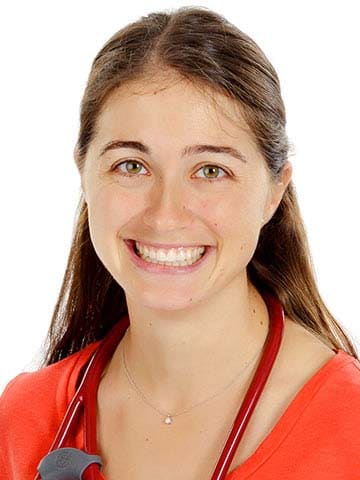What does the term ‘self-harm’ mean? How does it present itself?
As a parent, there are few things scarier than discovering your child or teenager is engaging in self-harming behavior. An important part of helping your teen who self-harms is to understand what it means, why they are doing it, and how to address the underlying issues. First of all, self-harm is a term that means self-inflicted bodily injury, or hurting yourself on purpose. It is very different from suicidal behavior, as a teen who self-harms does not intend to die. It’s not a mental illness, but a behavior that indicates poor coping skills. It can be associated with depression, anxiety, eating disorders and other mental illnesses but isn’t a mental illness on its own. The most common way a teenager will self-harm is by cutting their skin with sharp objects, but it can take many other forms like burns, scratches, pulling hair or picking at their skin, or even going as far as hitting themselves and causing bones to break.
One of the most important question to answer and that will specific to your own child is, why do teenagers self-harm? Usually self-harm will start with feelings of anger, anxiety, sadness, loneliness, self-hatred, or other unpleasant feelings. Sometimes teenagers also feel “numb” and might self-harm “just to feel something”. Research shows that the self-harm behavior can active “pain-killing chemicals” in the brain that will temporarily relieve emotional distress and cause a feeling of uplifted mood. However, teenagers will often experience overwhelming feelings of shame following self-harming and will do anything to hide any evidence from their friends and families.
How common is it? Is it gender specific?
Unfortunately, self-harm is much more common than we would think. It can be really uncomfortable to talk about, therefore some people might think it is a rare behavior, but a large high school study in the USA found that among teenagers aged between 14-18 years old, 1 in 4 girls and 1 in 10 boys with engage in self-harm behavior. As we can see, it is much more common in girls but we have to remember that 10% of boys are also doing it.
What age does self-harming tend to start?
Most of people who self-harm are teenagers and young adults, but the behavior tends to start in preteens and early teen years.
What are the behaviours parents should look out for?
Although teens who self-harm can be quite skilled at hiding the evidence, as a parent, some behaviors can give us a hint that something is going on. Of course, if you happen to notice scars (often in patterns like lines, bite marks etc.) or frequent unexplained fresh injuries, that can be a big tell-tale sign. Other clues that your teenager might be hurting himself on purpose could be keeping sharp objects on hand and wearing long-sleeved shirts or long pants even in hot weather. From a behavioral and emotional point of view, difficult interpersonal relationships, statements of hopelessness or worthlessness, behavioral or emotional concerns and unpredictable behavior could also alert you that your child might be self-harming.
When should a parent be concerned and seek external support? And who should the parent go to for support?
If at any time you suspect your teen might be self-harming or struggling with a mental illness, even if they won’t admit to it or talk to you about it, it’s a good idea to seek outside help. The first point of contact could be the school counselor or your family doctors. Usually psychologists will get involved as well, but starting with your family doctor to make sure the injuries are taken care of and to find the most appropriate psychologist is a good idea.
What is the treatment self-harming?
Usually, your family doctor will recommend that you teenager attend psychotherapy or “talk therapy” sessions with a professional psychologist. That can help your child learn better coping skills and how to regulate their emotions. Sometimes, medication can also be recommended if there is an underlying mental illness. Of course, a healthy lifestyle and regular routines with enough sleep, regular meals and physical activity will always help.
What would you recommend to a parent who is reading this?
If you think that your teenager might be self-harming, try to find a calm moment to sit down with them and have a frank discussion. Even though it might be very difficult to keep your own panic and fear in check, it’s very important to express your concern without being overly dramatic or causing a scene. Speak in a calm tone, don’t shout at them or accuse them of anything. Your child will need you to be part of his support team during recovery. You will need a lot of patience, as this can be a long road. But with the help of the right health care professionals and your community\school\family, it can be done.

To make an appointment, call +65 6733 4440 or book online.

































